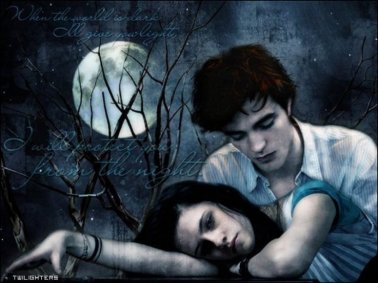Este trimestre estamos aprendiendo muchas cosas sobre los instrumentos y, a lo largo de los años, he observado que muchos estudiantes creen que los instrumentos de la orquesta son aburridos. ¿Por qué ocurre esto?. La mayoría nunca han ido a un concierto así que, ¿cuál es la razón? Quizá seamos algo culpables puesto que en los libros de texto aparecen siempre las mismas piezas y de los mismos autores. Incluso si no usas un libro de texto, como yo, todos los CD que recopilan "Lo mejor de la Música Clásica" son recopilatorios de las mismas obras.
All this semester we are learning about instruments and, over the years, I have observed that many students think that orchestra instruments are boring. Why is that?. Most of them have never gone to a concert so, what's the reason?. Maybe we are a little bit guilty as we listen to the same music over and over again: Vivaldi, Mozart, etc. with the same works, seem to be on every text book. Even if you don't use a text book, like me, every CD with "The best of Classical Music" is a compilation of the same works.
De todos modos, en esta entrada vamos a intentar cambiar eso. :) Os traigo diferentes instrumentos de la orquesta usados en música urbana. Los instrumentos evolucionan cada siglo y ¡lo están haciendo en este momento!
Here you have a very well-known song by Muse called "Supermassive Black Hole" which was included in the soundtrack of the film Twilight and in the episode "Hunted" of the TV show Supernatural (for further information "Supermassive Black Hole"). In this case, it's performed with two cellos and it features Naya Rivera, best-known for her character Santana on the TV show, Glee.
¿Qué pensais de esta versión? ¿Os gusta? ¿Qué versión preferís: la original o esta? ¿Por qué? Contádmelo en los comentarios. Si hubiérais escuchado la canción sin saber qué instrumentos se habían usado, ¿habríais adivinado que había dos violonchelos? ¿Son eléctricos o no? ¿Cómo lo sabéis? ¿Lo sabríais sin mirar el vídeo?
What do you think of it? Do you like it?. What cover do you prefer: the original or this one?. Why?. Tell me about it on the comments. If you had listened to the song without knowing the instruments used, would you have found out that there were two cellos?. Are they electric or not?. Why do you know it? Would you know it without taking a look at the video?. ;)
Otro ejemplo de creatividad y uso alternativo de instrumentos tradicionales es David Wong. Es un violinista norteamericano que conocí a través de Twitter. Está haciendo un gran trabajo enseñando a la gente las posibilidades de un violín. En este vídeo que he elegido, podéis ver cómo, con un simple violín, se puede crear una obra completa usando bucles (o "loops"). ¡Es increíble!
Another example of creativity and an alternative use of traditional instruments is David Wong. He's an American violinist who I knew through Twitter. He's doing a great job by showing people the possibilities of a violin. In this video that I've chosen, you can see how, with a single violin, you can create a complete work by using loops. It's amazing!!
¿Qué os parece este vídeo? ¿Os gusta? ¿Qué está usando: un violín eléctrico o uno de orquesta? ¿Qué sonido preferís? En caso de que queráis seguirlo, tiene muchas versiones en Youtube. Para suscribirse a su canal, podéis pinchar aquí. David, quiero agradecerte tu trabajo y amabilidad. :)
Básicamente, eso es todo. Hay muchísimos más ejemplos (grupos como Apocalyptica, por ejemplo, o gente en la red como este chico tocando un puntero eléctrico). Espero vuestros comentarios contestando a las preguntas y diciéndome si os gustan los vídeos, etc. ¿Habéis aprendido algo que queráis compartir?. ¡Animáos y compartid!
So basically, this is it. There are many other examples (bands like Apocalyptica, for instance or people on the web like this guy playing an electric gaita). I hope your comments answering to the questions and telling me if you like the videos, etc. Have you learnt something you want to share?. Come on and share!! :)









